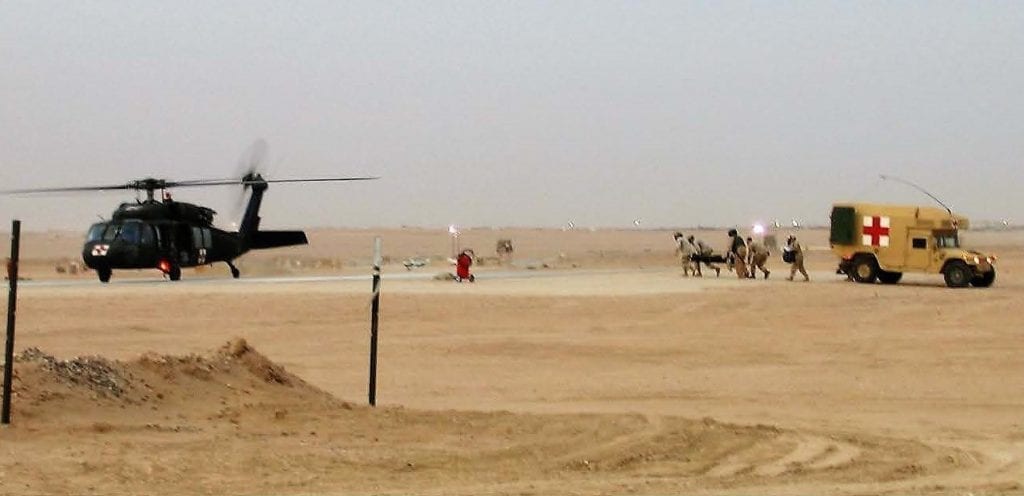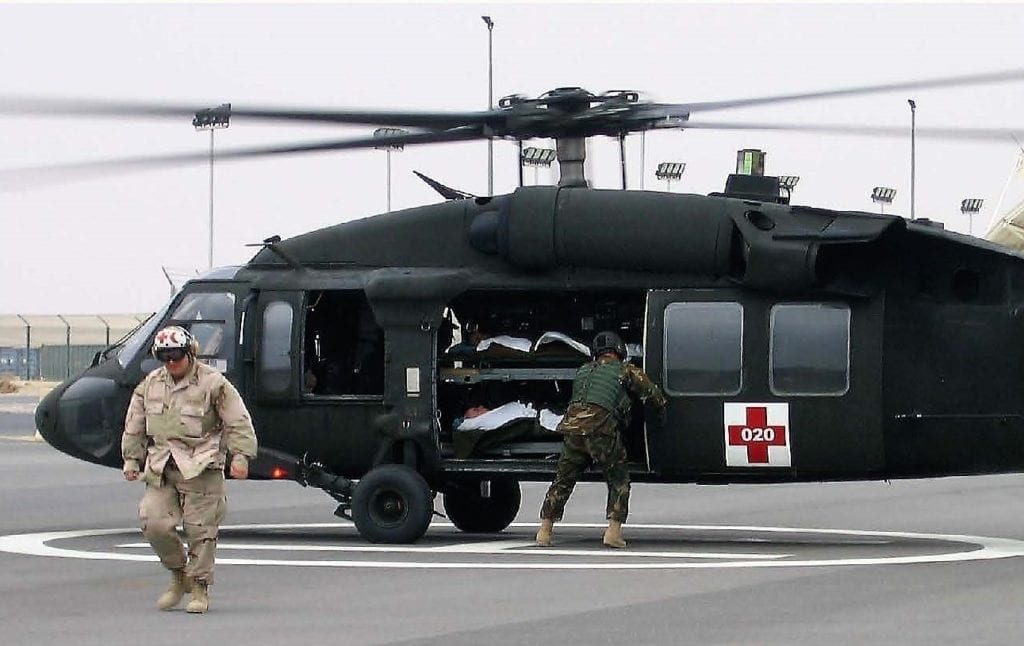Jack Riggs
Morgantown, West Virginia, United States

I suspect that few early life experiences fully prepare one psychologically for the realities of war. Mine certainly did not. However, my introduction to post-traumatic stress and moral injury, frequent war sequelae, occurred at home while I was growing up.
When I was nine years old, my younger brother and I had a snowball fight in the front yard. We got snow all over the neighbor’s freshly shoveled sidewalk. The elderly man who lived there came out and yelled at us. My dad witnessed this event. He got a shovel and broom and cleaned the neighbor’s sidewalk. He then proceeded to cuss that old man out in a manner that I had never witnessed before. He repeatedly called that old man a “Nazi” and a “Kraut.” I was not witnessing normal anger on the part of my father, but rather unbridled rage and hate.
That elderly man was a German who had served in the German army during World War I. My dad had been a tail gunner on a bomber in the European Theater of Operations in World War II. He never spoke of his war experience … except when he was drunk. Then, he spoke of picking up body parts of fellow soldiers following bomber crashes, of soldiers who never returned from a mission, and wanting to kill Nazis and Krauts. My dad had given me a glimpse into the persistent internal turmoil that many war veterans experience.
My younger brother served two tours of duty in Vietnam. Several of my childhood friends went to “the Nam.” A couple of them died there. Their expressed sentiments towards the Vietnamese, or “gooks,” was similar. “Kill them all … let God sort them out.” Returning from his second tour in Nam at age nineteen, my brother told me how one night he and a fellow soldier were on guard duty. Hearing a noise, they both opened fire with their rifles. They killed a little Vietnamese boy who had been stealing food. My brother had given me a glimpse into the internal turmoil and guilt caused by moral injury in war.
As a physician, I had been thoroughly prepared psychologically to deal with the realities of death. “What do you think you’re doing?” my supervising resident shouted at me on my first day of internship after I was paged to pronounce a woman with end-stage alcoholic cirrhosis. It was my first time pronouncing, I did not want to get it wrong. I could not hear any heart or breath sounds. I took her blood pressure. There was none. I asked the nurses to get the EKG machine, which they did with a smile. My resident walked into the room as I was obtaining a flat EKG.

“Why don’t you get an EEG to make sure she is also brain dead?” my resident sarcastically added. “That woman is DEAD! Didn’t you learn anything in medical school?” At that point, the nurses burst out laughing. I would be the butt of several jokes for the next few weeks.
It did not take me long, however, to become all too familiar and comfortable with death. One of my tasks as an intern was pronouncing bodies the cops brought in before transport to the medical examiner facility. Accompanying a fellow intern to pronounce, I noticed that the cops were wearing masks and gloves. One of the cops said, before unzipping the body bag, “Doc, you might want to just take our word on this one.” The smell was overwhelming. Maggots were squirming over the empty eye sockets and open mouth of the darkened and decaying body. My friend lost it, and puked right there in the parking lot. The cops and I laughed at him.
On another day, the cops brought in four suicides. It was bitter cold. One young man had run a hose from his exhaust pipe into his car, his body frozen in a slumped sitting position in the paddy wagon. “Yep, he’s dead,” I said looking in. One cop slapped the shoulder of his partner with the back of his hand saying, “See, I told you so.”
Yes, I had learned to deal with death at work. I learned to accept the dark humor associated with death as psychological self-preservation rather than disrespect for the dead. When I found myself commanding a combat support hospital in Kuwait, my previous life experiences helped prepare me for the post-traumatic stress, moral injury, and dark humor associated with war. To some extent, these early life experiences helped me to cope with feelings that would persist long after my experience with war.
JACK E. RIGGS is Professor of Neurology at West Virginia University. He spent twenty-nine years in the Navy Reserve before retiring as a Navy captain. He served almost one year as commanding officer of a combat support hospital in the Middle East.

Leave a Reply